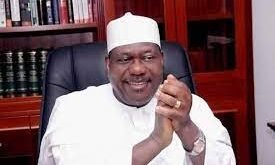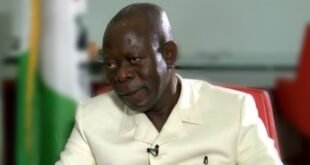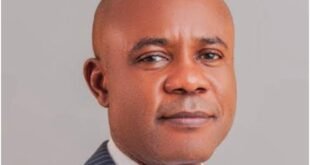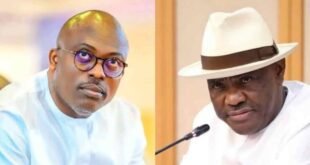The Federal Executive Board (FEC) has approved the National Integrated Electricity Policy (NEP), which aims to overcome the old challenges in the Nigerian electricity supply industry.
In a statement on Monday, Bolaji Supi, a special advisor to strategic communication and media relations with the Minister of Power, said the policy was approved during the FEC meeting on the previous day.
Tunji said Niep, who had been prepared since December 2024 and handed over to the President of the Tinubu Bola, was a holistic framework designed to harmonize the Nigerian electricity sector with the aim of national development and the best international practice.
He added that it was in line with section 3 (3) of the revision of Electricity Act, 2023.
Niep provides a comprehensive framework for power plants, transmission, and continuous distribution. This is in line with the revised electricity law in 2023 and emphasizes the integration of renewable energy, energy efficiency, and increased governance.
Also Read: Nipost To End Cash Payment National Starting July 1 In the encouragement of digital reform
Quoting Adebayo Adelabu, Minister of Power, Tunji noted that the implementation of the policy had begun and will now get an attraction after the president’s ratification, with the impact it is expected to be soon in all electricity sectors.
“This road map discusses critical challenges in the Nigerian electricity sector through a comprehensive framework,” said Adebayo Adelabu, Minister of Power.
He highlighted that the implementation of the policy had begun and would get momentum after the ratification of the President.
Niep’s approval came in the midst of efforts to reduce electricity subsidies, which were historically tense Nigeria. In 2024, the government cutting electricity subsidies by 35% after the targeted tariff increase for consumers in high use, produced an additional ₦ 700 billion in revenue and reduced tariff shortages from ₦ 3 trillion to ₦ 1.9 trillion.
In addition, the electricity sector attracted more than $ 1 billion in investment in 2024, with plans to increase transmission capacity and increase grid reliability. Niep is expected to stimulate further investment, with the government identifying $ 23 billion opportunities related to the Nigerian energy transition plan.
This policy also aims to increase local content and promote gender inclusion throughout the electricity value chain. According to the Nigerian cable manufacturer’s association, Niep will have a positive impact on the cable manufacturing sector, strengthening Nigeria’s position in the global market.
When Nigeria tried to achieve universal electricity access in 2030, the implementation of Niep marked an important step towards a more resilient and efficient electricity sector, it was important for the country’s economic development and social welfare.
Join the conversation
Supports Nigeria’s ripples, resistant Journalism Solutions
A balanced and fearful journalism that is driven by data comes with enormous financial costs.
As a media platform, we ask for leadership accountability and will not trade the right to suppress freedom and freedom of speech for a piece of cake.
If you like what we do, and ready to uphold journalism solutions, friendly Nigerian ripples cause.
Your support will help ensure that residents and institutions continue to have free access to credible and reliable information for community development.
Donation now
 JamzNG Latest News, Gist, Entertainment in Nigeria
JamzNG Latest News, Gist, Entertainment in Nigeria









